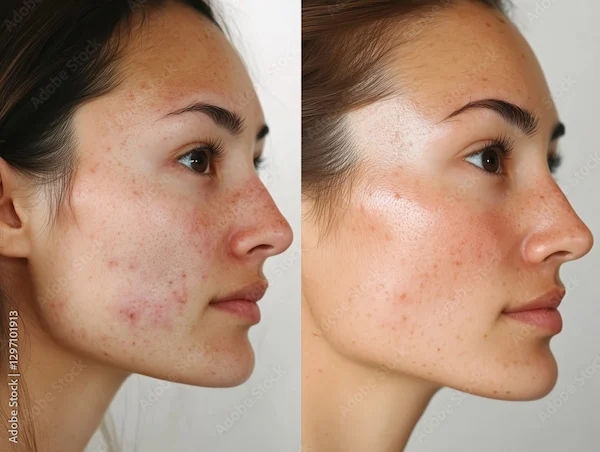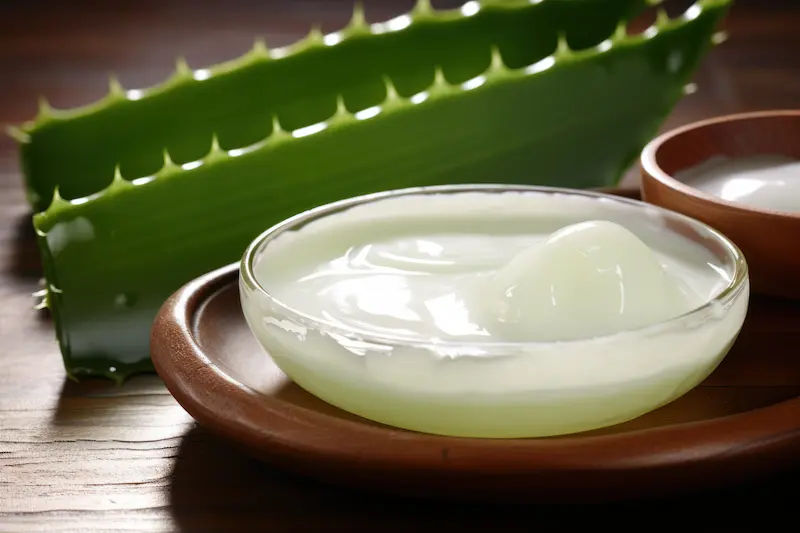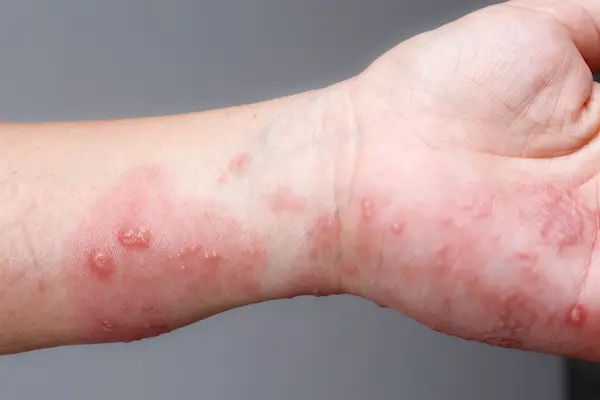- Male
- 27 Years
- 22/01/2025
I'm really concerned about my pinky finger. A few days ago, it got really itchy, and I noticed a bubble-like thing on it. I popped it with a needle yesterday, and now it's gotten worse. It's slightly itchy, it hurts, and my finger seems swollen today. Can you help me figure out what's going on?
More Dermatology Health Queries
View allI'm pretty worried because I've had this small lump in my groin for about 6 weeks now. Initially, a general surgeon thought it was just a local infection and suggested applying follicilin, which I did for 5 weeks, but the lump didn't reduce in size. Then I saw another doctor who diagnosed it as tinea cruris fungal infection and prescribed Forcan 150 and quadriderm. He mentioned it should heal in 5 days, but it's been 5 days and there's no change. I'm concerned about why it's not healing. Do you think I need a different treatment or should I consult yet another doctor for a second opinion?
Surgeon opinion is advised.
read more![Doctor 1]()
![Doctor 2]()
Answered by 1 Apollo Doctors
I've noticed that the left side of my upper lip has become really dry and chapped, and the skin is even starting to peel off. I've tried using coconut oil, ghee, and Vaseline to help, but it still hurts a little. What could be causing this, and is there anything else I should try?
Continue same treatment.
read more![Doctor 1]()
![Doctor 2]()
Answered by 1 Apollo Doctors
I'm taking R89 but my hair is still falling out. What should I do now? I'm really worried about this. Can you help me?
You can try adding minoxidil solution to your hair care routine. You can apply minoxidil 5% solution twice daily on the scalp to promote hair growth and reduce hair fall. Additionally, make sure to maintain a healthy diet rich in vitamins and minerals essential for hair health, and avoid excessive heat styling or harsh chemical treatments on your hair.
read more![Doctor 1]()
![Doctor 2]()
Answered by 1 Apollo Doctors
Disclaimer: Answers on Apollo 247 are not intended to replace your doctor advice. Always seek help of a professional doctor in case of an medical emergency or ailment.





